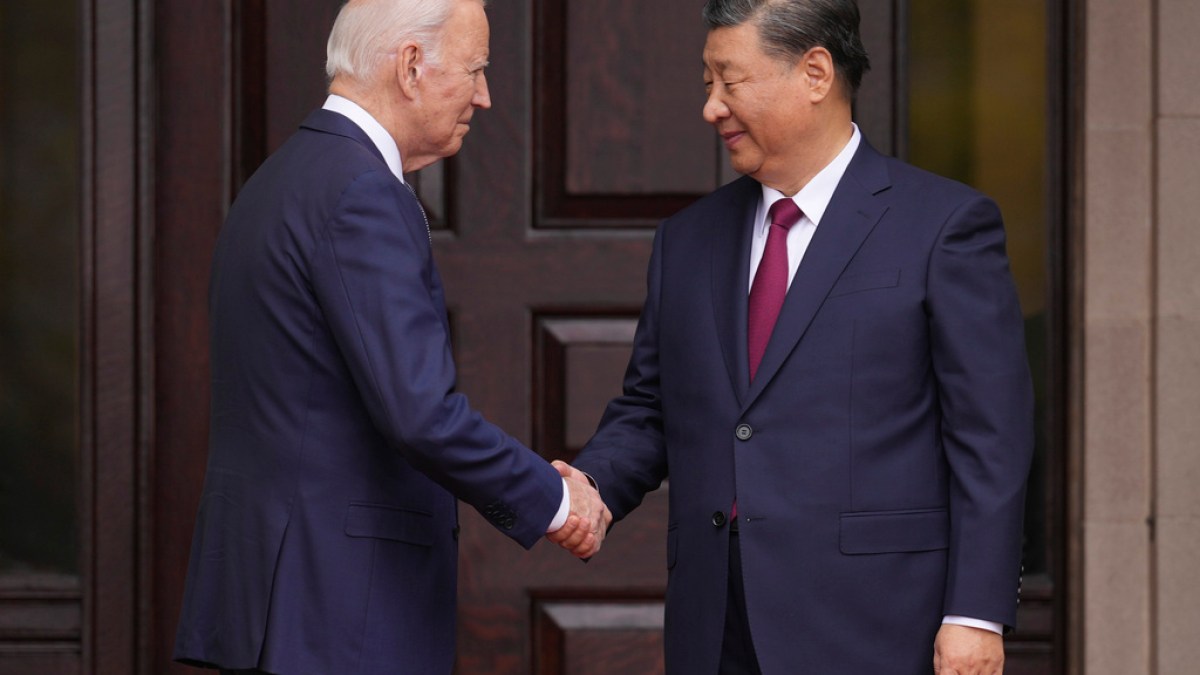Democracy, Civic Space and Fundamental Freedoms Are under Attack, but Civil Society Is Here to Stay — Global Issues

Democracy, Civic Space and Fundamental Freedoms Are under Attack, but Civil Society Is Here to Stay — Global Issues

GABORONE, Botswana, May 23 (IPS) – Sarah Strack is Forus DirectorDuring the Forus network’s General Assembly which took place in Gaborone, Botswana, civil society organisations from across 65 countries highlighted the challenges facing them globally in an increasingly polarised and crisis-hit world.
Participants discussed strategic foresight, policy demands and capacity strengthening – scanning the horizon for emerging and chronic issues affecting civil society, activists, journalists and human rights defenders worldwide.
Solidarity and local power
Year after year, civil society organisations have witnessed growing violence particularly directed against those defending human rights and the environment, as well as leaders of indigenous groups.
“Democracy, civic space and fundamental freedoms are under attack in various countries across the globe. Socio-economic disparities and gender based violence are on the rise in most geographies. The world is again failing to achieve its commitments made under various developmental, environmental and financial frameworks. It’s time for global civil society and human rights actors to reflect jointly and strategise on our future course of action,” says Zia ur Rehman, Regional Coordinator of the Asia Development Alliance who joined the Forus network in Botswana for the General Assembly.
The event also pointed to other conflicts and challenges – from the “chronic” humanitarian crises to conflicts and the impacts of climate change and migration patterns. Civil society from all continents crafted a collective way forward, informed by local realities.

Local civil society from Botswana shared their journey in fighting gender-based violence.
“Gender-based violence is a national pandemic, a violation of grand magnitude of human rights. Civil society organisations in Botswana continue to do such a commendable job in trying to help the country to overcome this scourge. As BOCONGO, we remain committed to support and advance the work of our members in this regard,” says Kagiso Molatlhwa, BOCONGO Executive Director. A message echoed by Gender Links an organisation working across the Southern African region, who says, “ending gender-based violence starts with empowering women”.
A year that could set the tone for the future
In terms of civic engagement, this year has been called the ‘super election’ year, with billions of people voting while navigating “the geopolitical disinformation maze”. The potential repercussions of such a pivotal year pushed civil society to reflect on how to preserve fundamental freedoms and civic participation in turbulent times.
According to research, elections in many jurisdictions have been affected by violence and arbitrary arrests, targeting opposition candidates and political leaders, as well as civil society, human rights defenders, journalists, media workers and election observers. At the same time political misrepresentation and manipulation online is a known concern.
The Forus network emphasized the strength of collective action and care in achieving local and global goals. From mutual support and “regenerative activism” to the protection of democratic values, alternative models and innovative approaches to address democratic challenges, civil society is calling for renewed international solidarity and shared visions to protect one another.
“We are concerned about the closure of civic spaces that are becoming stronger every day, but the search for alliances allows us to strengthen and recognize the important work of civil society, promoting sustainable development to build a more just and equitable society,” says Francisco Garcia of the national civil society platform in Honduras, ASONOG.
After a major UN civil society conference wrapped up in Nairobi earlier this month in preparation for the “summit of the future” coming up this September, civil society globally calls for “bold and honest” conversations among governments and civil society to drive forward a shared vision for reinvigorated and inclusive multilateralism.
The power of the network
The Forus General Assembly was organised in partnership with the national civil society platform BOCONGO and the regional coalition Southern African Council of Non-Governmental Organisations (SAf-CNGO) with support from the European Union and the Agence Francaise de Developpement.
“Our gathering was a wonderful opportunity to reiterate our resolve to continue our struggles against inequalities to make this world a better place to live where everyone enjoys rightful spaces and choices of life,” says Zia ur Rehman, Regional Coordinator of the Asia Development Alliance.
“Your current life is a result of your thought life,” says Moses Isooba, Executive Director of the Uganda National NGO Forum, highlighting the importance of spending time together to “exude deep conceptual clarity” of where the Forus network wants to go.
ANONG, the national civil society platform in Uruguay, highlighted the importance of civil society meeting across countries, for exchange and community-building. Transforming actions are born from these spaces of construction and reflection which represent an impulse to continue our work for the defense of human rights”.
Monametsi Sokwe from the Southern African Council of Non-Governmental Organisations, concluded by highlighting the importance of continuing to innovate to address emerging challenges, fighting for sustainable development, and creating a resilient and inclusive society.
“Civil society organisations are essential throughout the world, providing humanitarian aid, supporting community resilience, fighting for human rights, justice, equity, democracy and peace. They fight for the creation and animation of spaces where we can all learn from each other, and even from our differences, to act for the collective well-being. Such spaces are precious, and dialogue is crucial to making progress. Together, we can overcome the challenges of our time, by opening to the rich diversity that the world has to offer, while respecting our values. This will help us to find new solutions to the aspirations of our peoples and to safeguard our planet,” said civil society leader Mavalow Christelle Kalhoule, Forus Chair and President of SPONG, the Burkina Faso NGO network.
IPS UN Bureau
Follow @IPSNewsUNBureau
Follow IPS News UN Bureau on Instagram
© Inter Press Service (2024) — All Rights ReservedOriginal source: Inter Press Service




